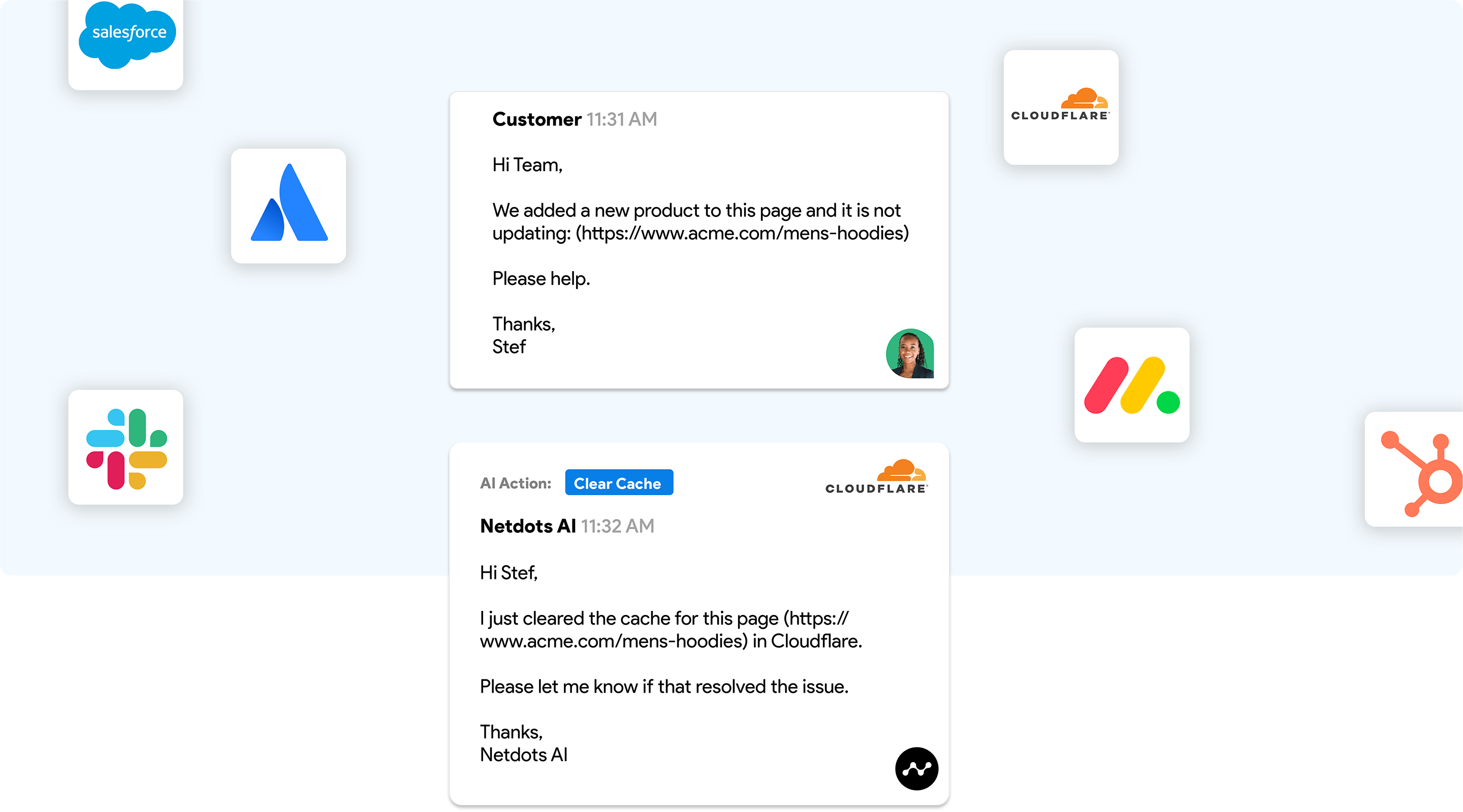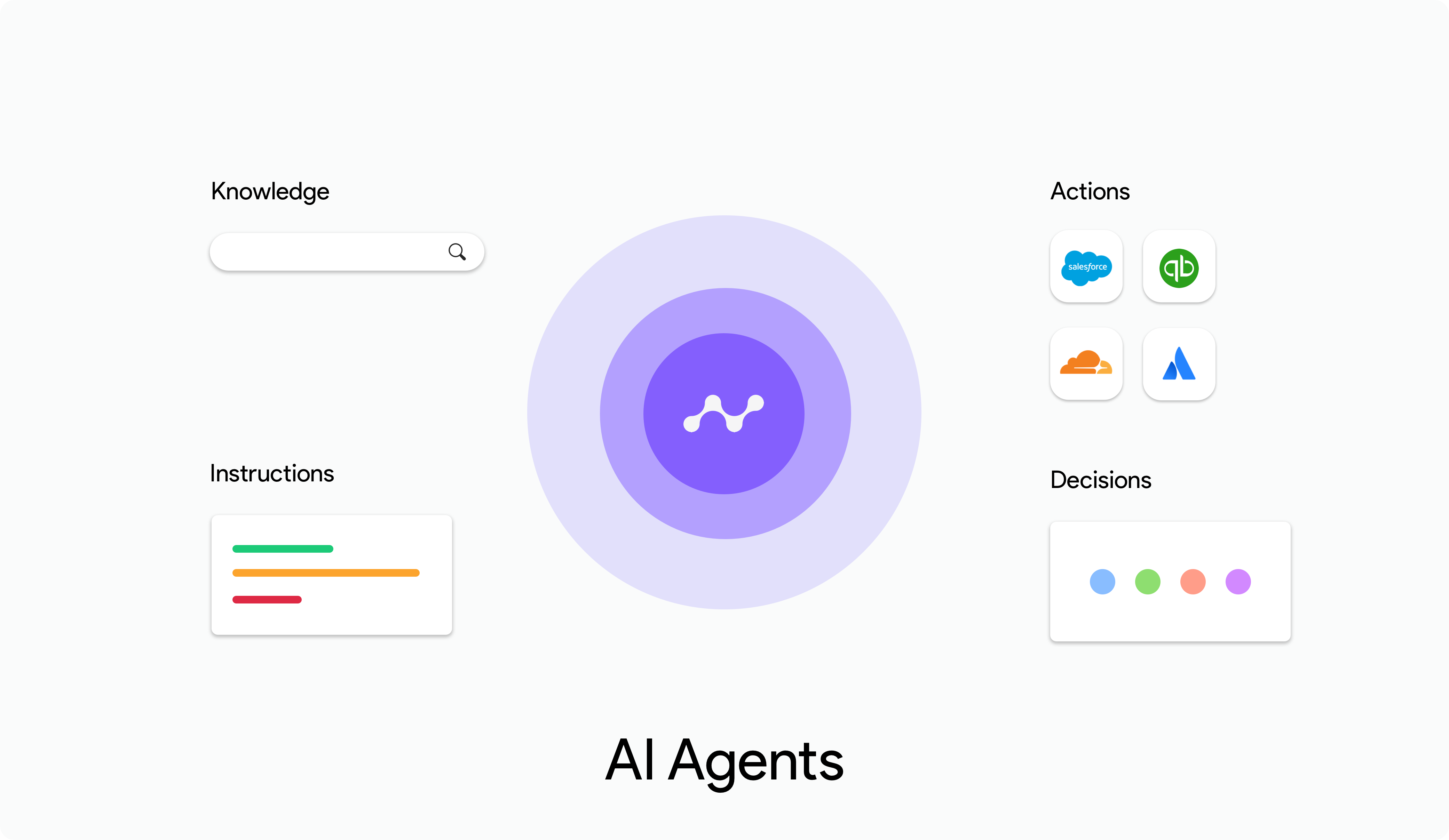What are AI Agents?
What are AI Agents?
In the rapidly advancing field of artificial intelligence (AI), one of the most transformative concepts is that of AI agents. These intelligent systems are at the core of many groundbreaking technologies, designed to perceive, decide, and act autonomously in diverse environments. Whether streamlining customer service, navigating autonomous vehicles, or driving innovation in healthcare, AI agents are pivotal in reshaping problem-solving and automation.
Defining AI Agents
At their core, AI agents are software programs capable of interacting with their environment to achieve specific goals. These agents stand out for their ability to operate independently, leveraging data inputs, decision-making algorithms, and pre-defined objectives to execute tasks without human intervention. While humans set the goals and boundaries, AI agents autonomously choose the best path to success based on the information available.
How AI Agents Work
AI agents function by combining three primary capabilities:
- Perception: They collect and interpret data from their environment, using tools like sensors, APIs, and user inputs to build an understanding of the world around them.
- Decision-Making: By leveraging algorithms—and in some cases, machine learning—AI agents evaluate possible actions to determine the optimal steps toward their objectives.
- Execution: Once a decision is made, agents carry out the necessary actions, whether it’s sending a message, updating a database, or physically interacting with the environment.
Types of AI Agents
AI agents come in various forms, each suited to different levels of complexity and task requirements:
- Simple Reflex Agents: React to immediate stimuli without considering past states. Examples include systems like motion-detecting lights.
- Model-Based Agents: Use historical data and internal models to make informed decisions about partially observed environments.
- Goal-Oriented Agents: Focus on achieving specific objectives by evaluating paths and selecting actions aligned with their goals.
- Learning Agents: Adapt and improve over time by learning from successes and failures.
Applications of AI Agents

The versatility of AI agents makes them invaluable across a range of industries:
- Customer Support: Chatbots and virtual assistants powered by AI agents handle customer queries, reducing response times and improving satisfaction.
- Transportation: Autonomous vehicles depend on AI agents for real-time navigation and decision-making.
- Healthcare: AI agents assist in analyzing patient data, diagnosing conditions, and recommending treatments.
- Finance: From fraud detection to high-frequency trading, AI agents streamline processes and enhance decision-making.
The Future of AI Agents
The potential of AI agents is only beginning to unfold. As advancements in machine learning, natural language processing, and robotics progress, these systems will grow even more intelligent and versatile. Future AI agents will manage increasingly complex tasks, seamlessly integrate into everyday life, and offer unprecedented personalization in services.
AI agents are not just tools; they represent a fundamental shift in how technology interacts with the world. Understanding their capabilities and applications is essential for leveraging their potential and staying ahead in a rapidly evolving digital landscape.
Explore how Netdots and our Autonomous AI systems can empower your organization.

